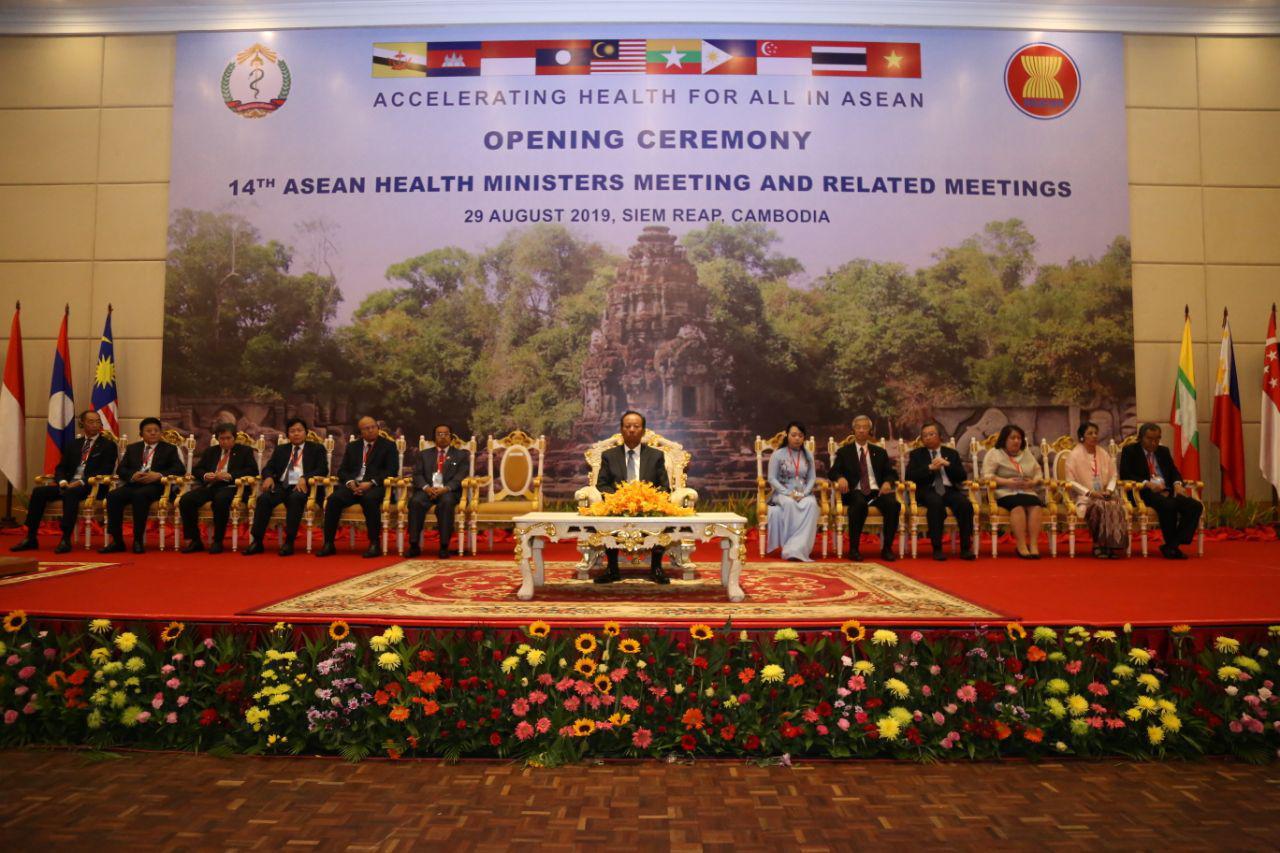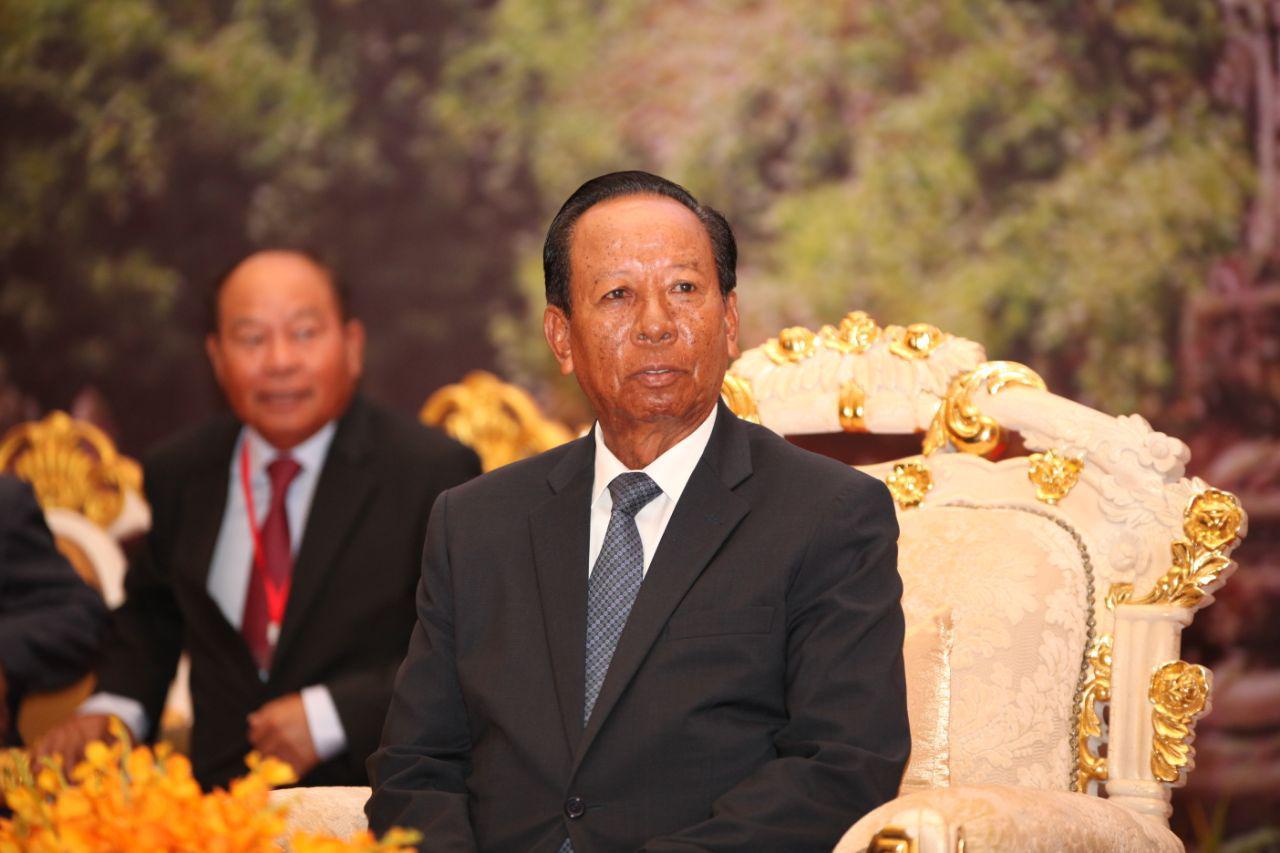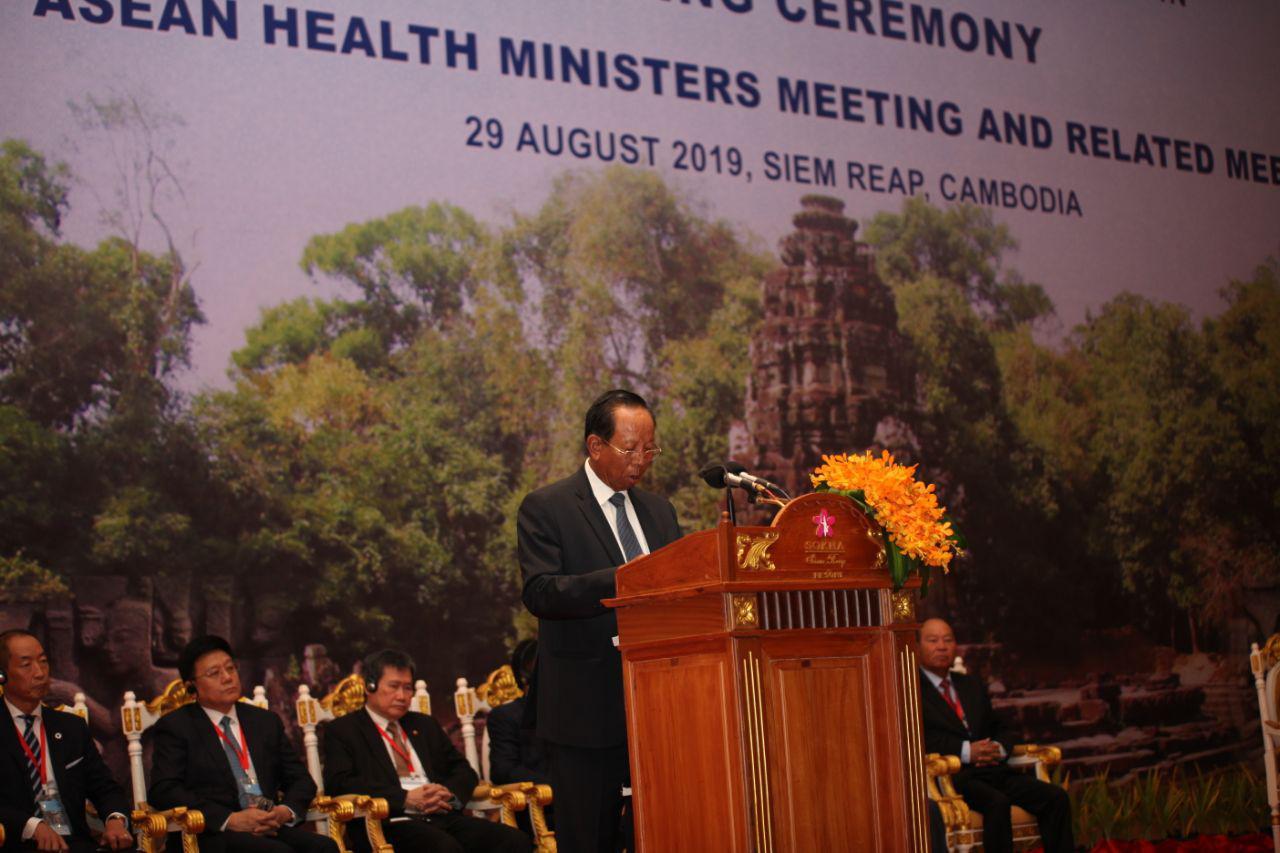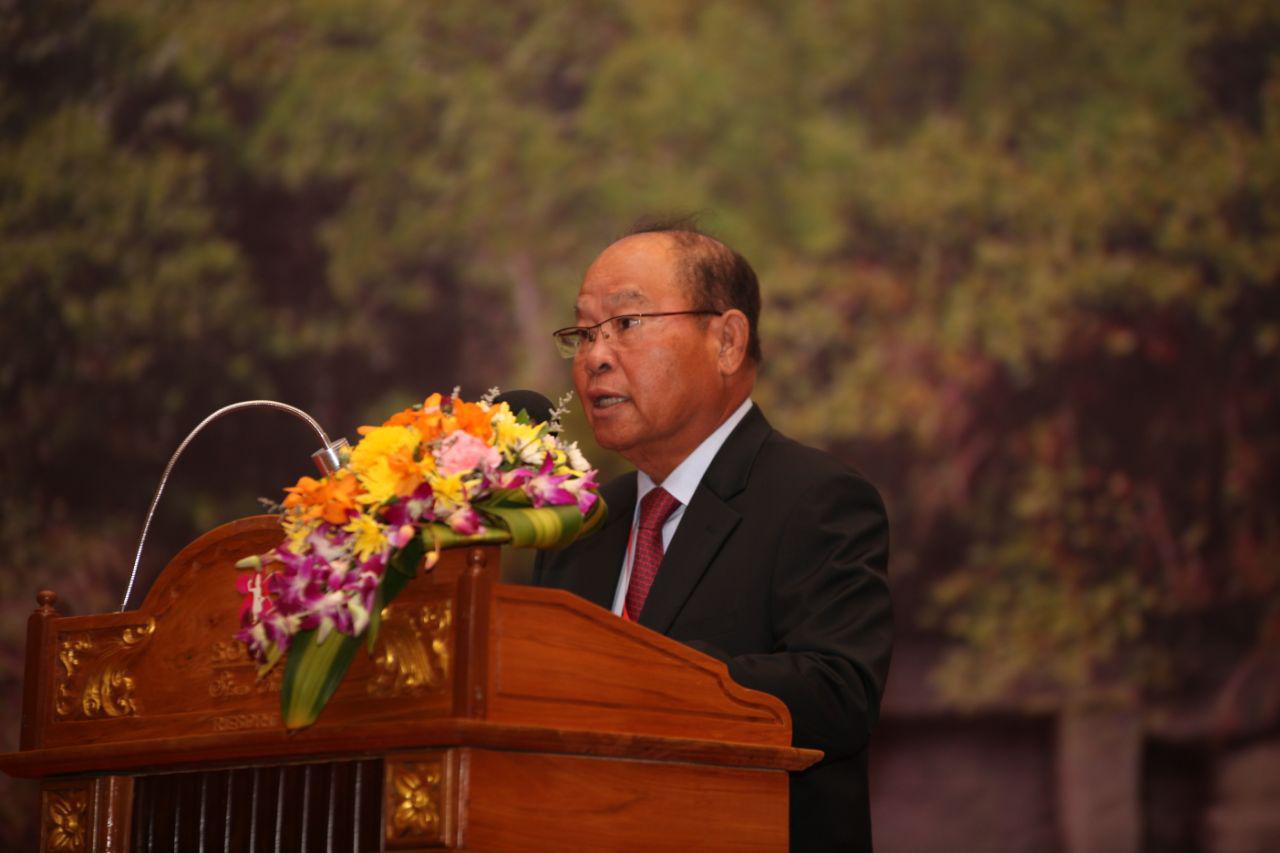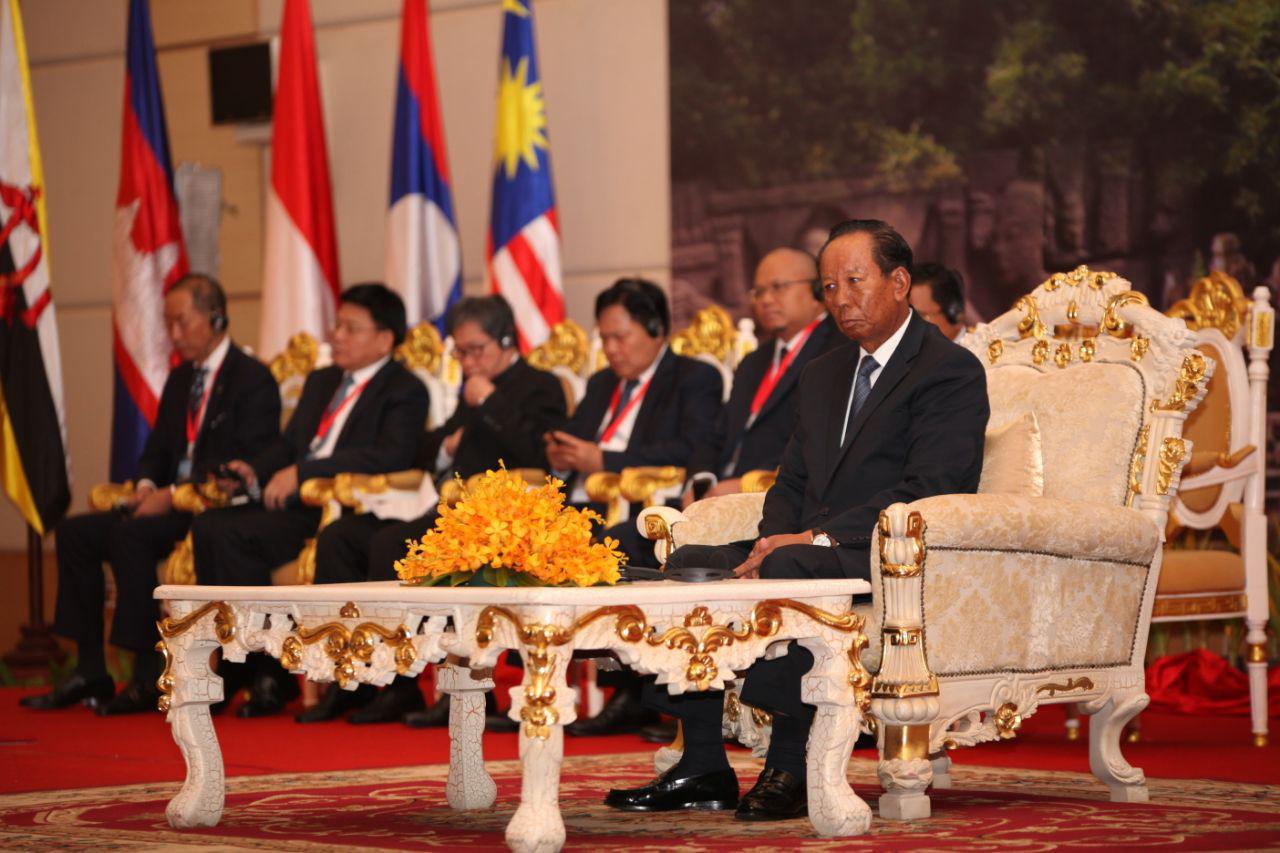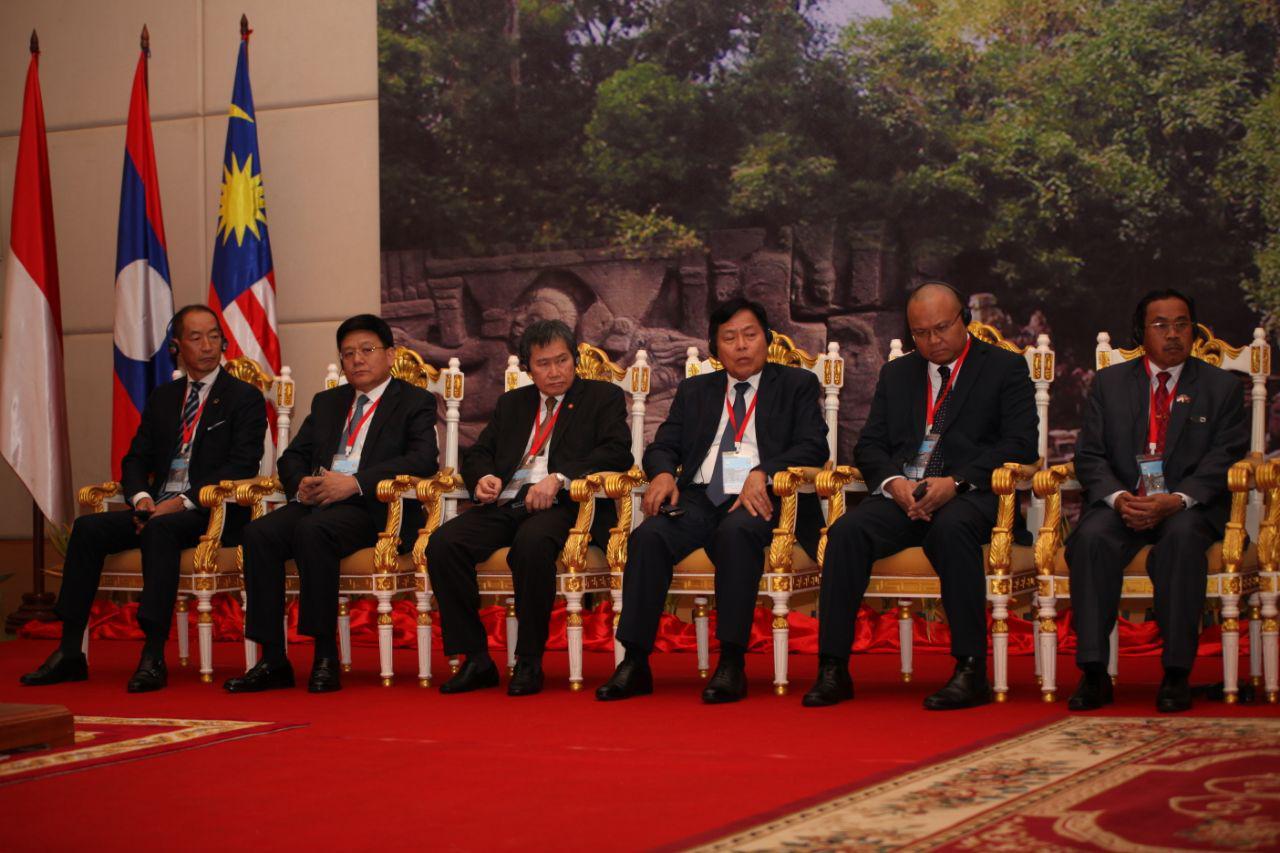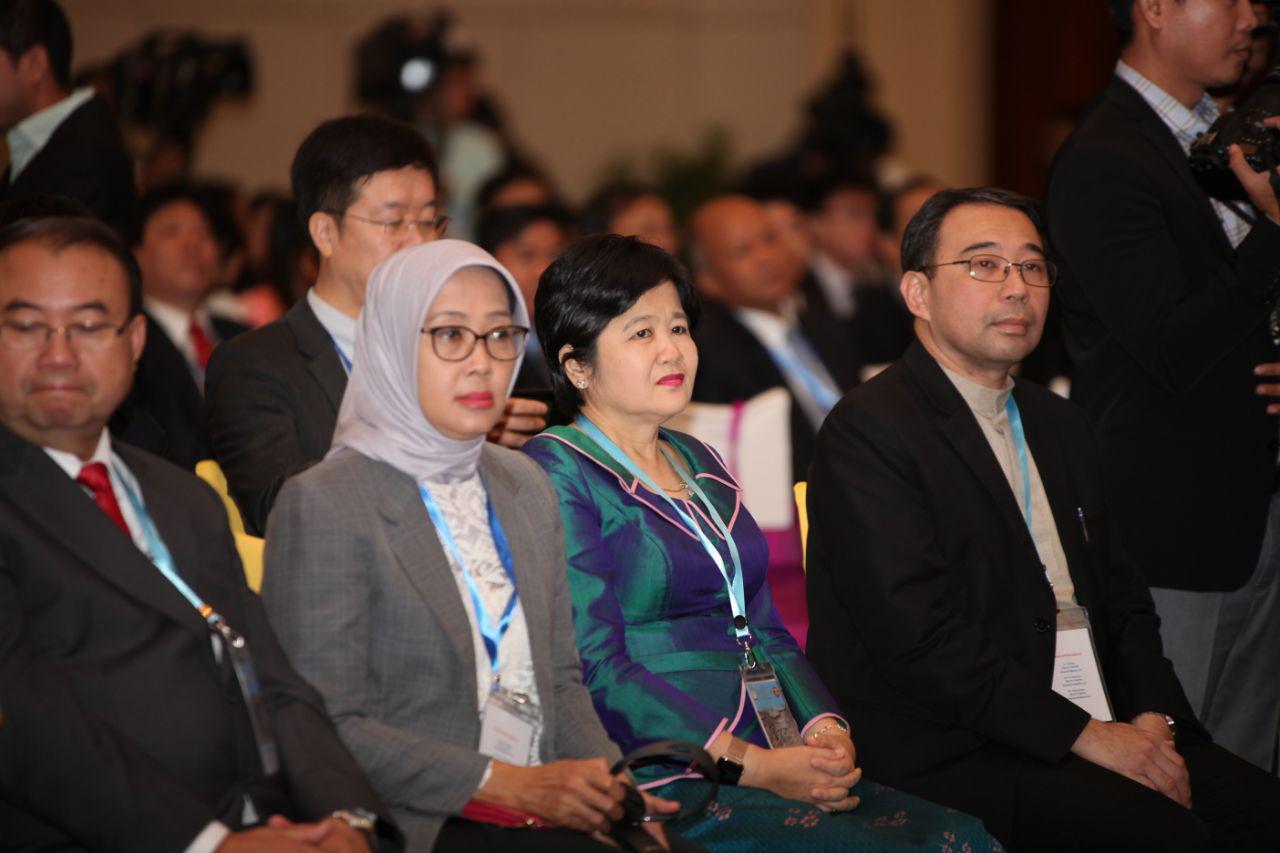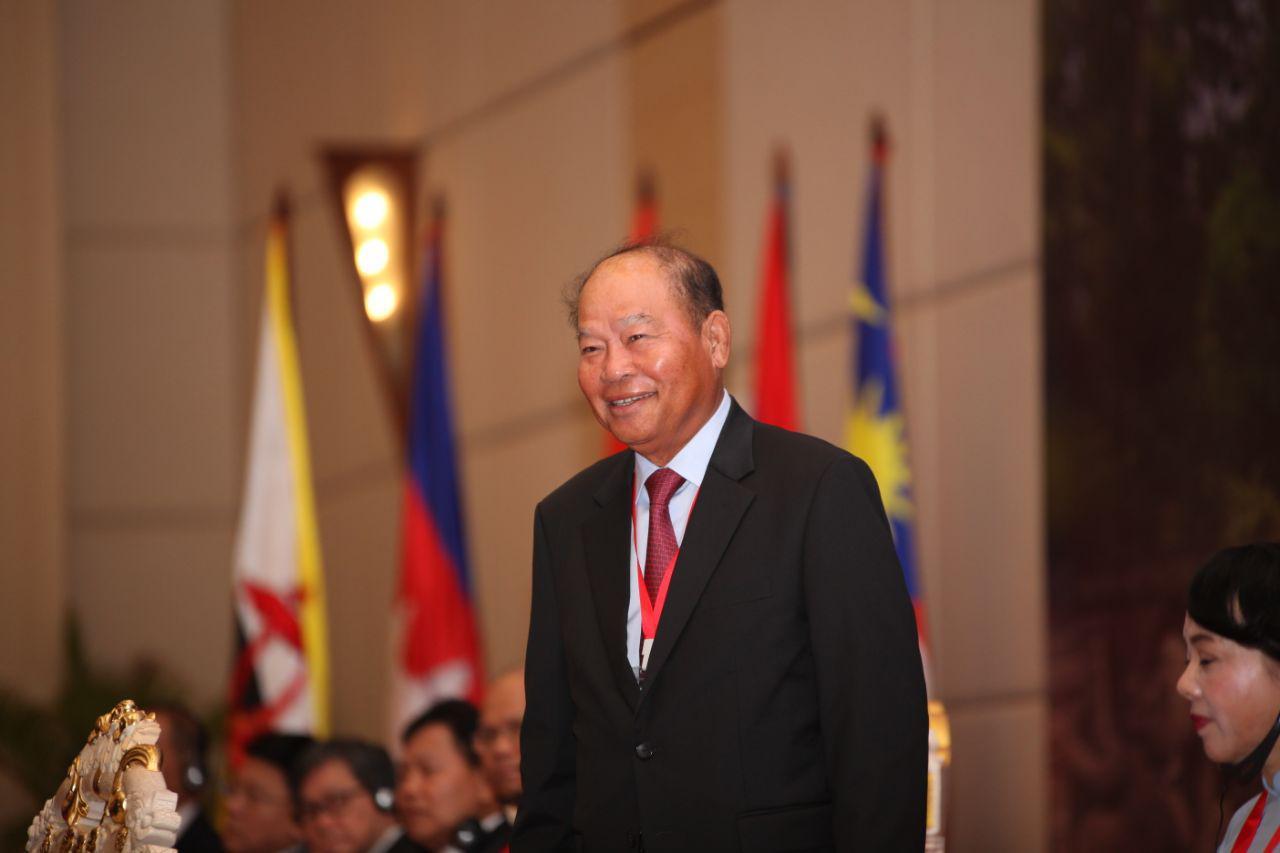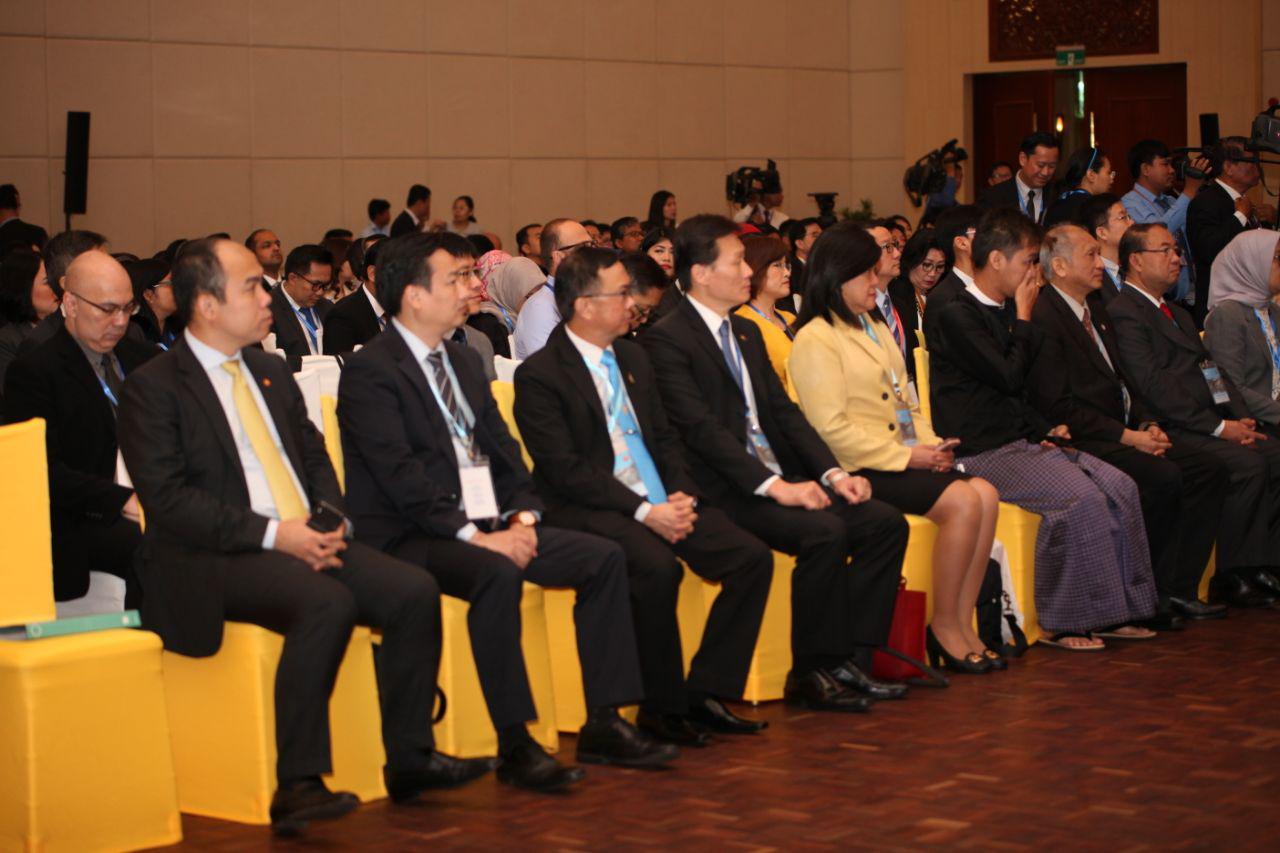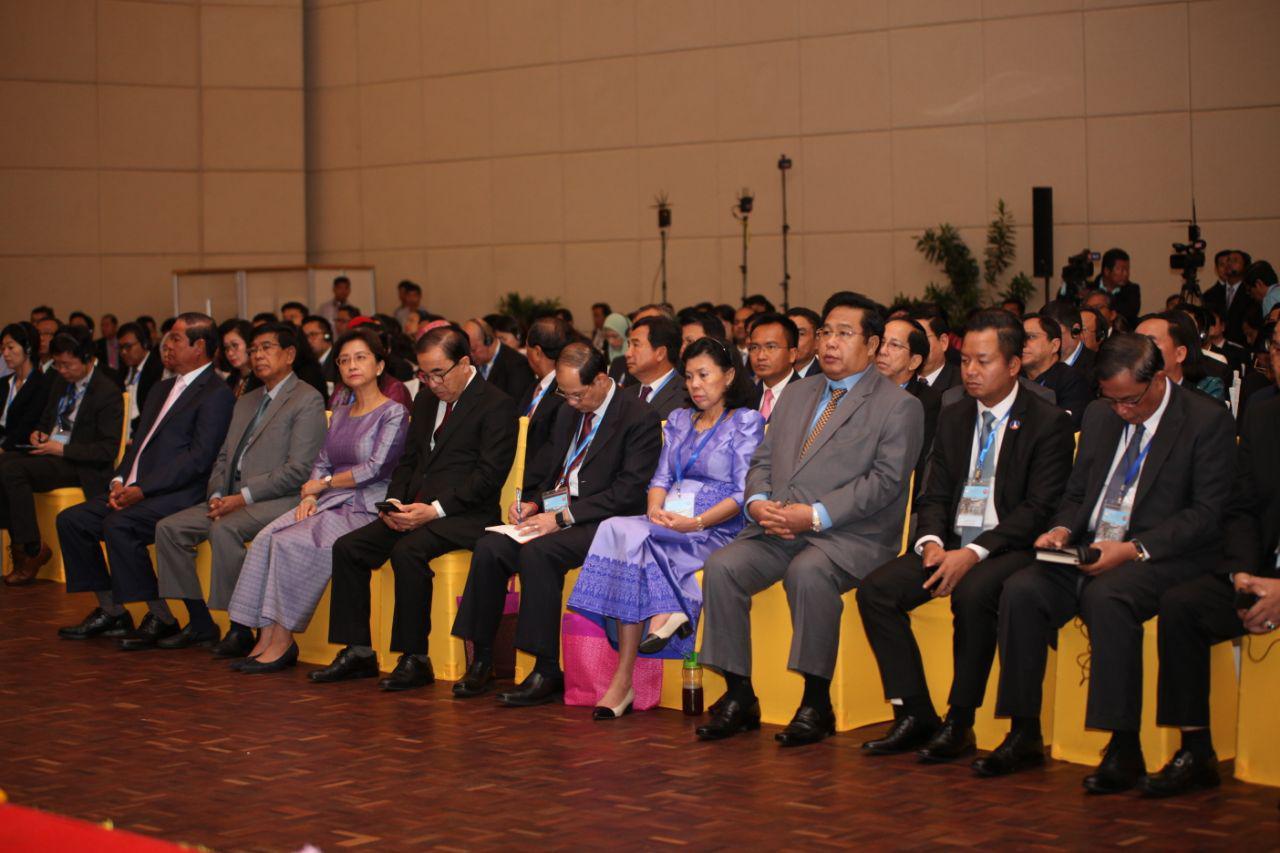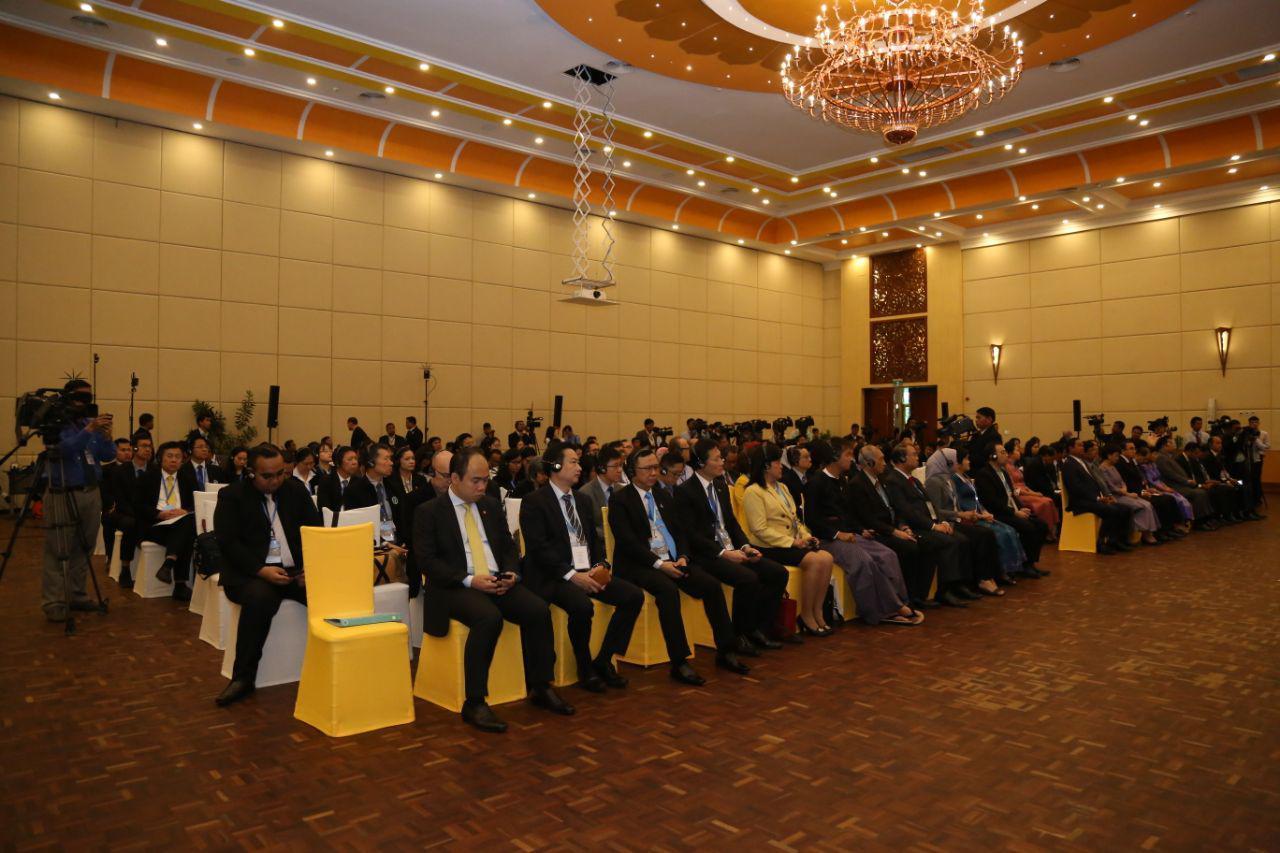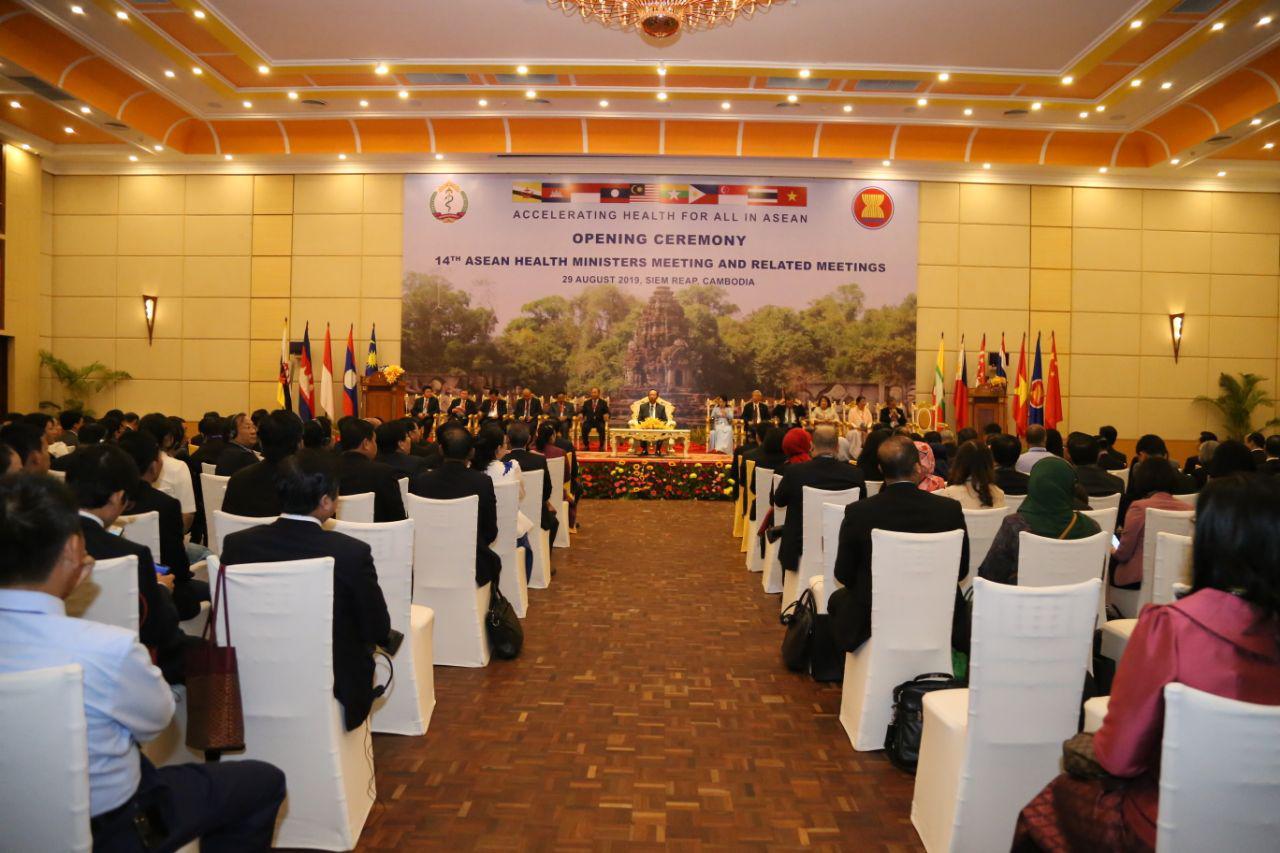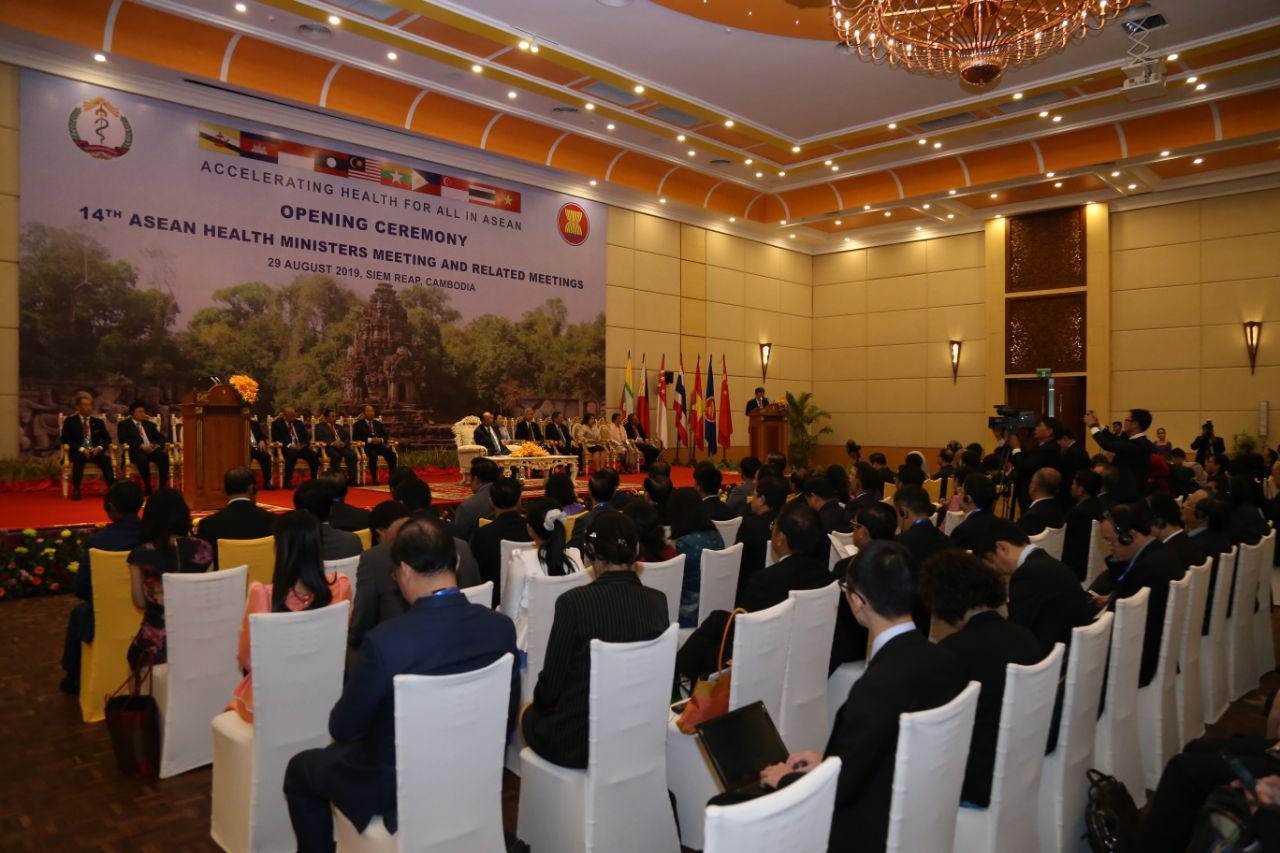Siem Reap (FN), Aug. 29 – The Royal Government of Cambodia has provided six key recommendations to other ASEAN Member States to work together in harmonising the ASEAN health sector.
At the opening ceremony of the 14th ASEAN Health Ministers’ Meeting on 29 August 2019 in Siem Reap, defence minister Tea Banh, a representative of Prime Minister Hun Sen, addressed that: “to promote economic growth and social development with a vision to a healthy ASEAN community, he would like to share six recommendations.”
First, all ASEAN Member States must jointly promote the harmonisation of the health sector in the ASEAN region by reducing gap of health service quality.
Second, ASEAN must jointly respond to public health disasters, especially the outbreak of epidemics as well as other disasters caused by climate change.
Third, ASEAN must jointly reduce the gap in medical technology by building technical capacity, human resource, knowledge, and skills, as well as technological innovation to provide health service to people with high efficiency and reliability.
Fourth, ASEAN must engage with all stakeholders in health sector by regularly sharing information, knowledge, experience, technologies and techniques to identify ways and means for timely response to disasters in the ASEAN and beyond.
Fifth, ASEAN must jointly fight against counterfeit and substandard quality drugs through inter-sectorial cooperation; continue to strengthen legal framework; enhance the capacity of technical staff, and good governance mechanisms.
Sixth, ASEAN must join hands with development partners and WHO to advance the implementation of existing regional and global mechanisms; to develop new guidelines to harmonise health sector; and to provide technical and financial support to prevent counterfeit and substandard quality drugs.
The 14th ASEAN Health Ministers’ Meeting and related meetings, held from 26-30 August 2019 in Siem Reap, Cambodia, focuses on four key topics, including (1) combating counterfeit and substandard drugs; (2) ensuring health care financing; (3) strengthening the capacity to implement the international health regulations of World Health Organization; and (4) innovations in health care strengthening.
=FRESH NEWS
